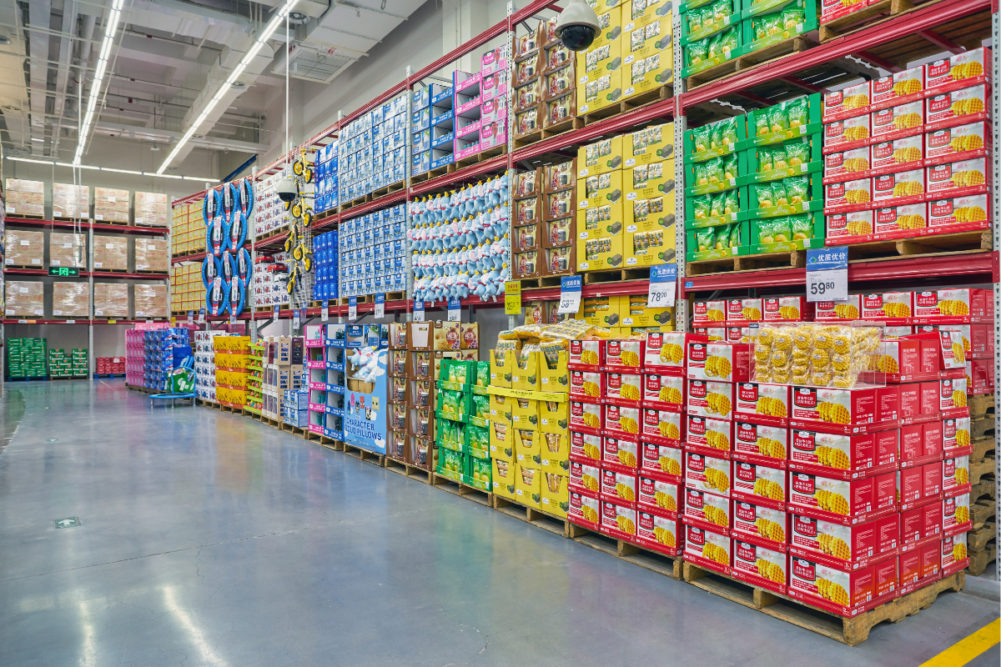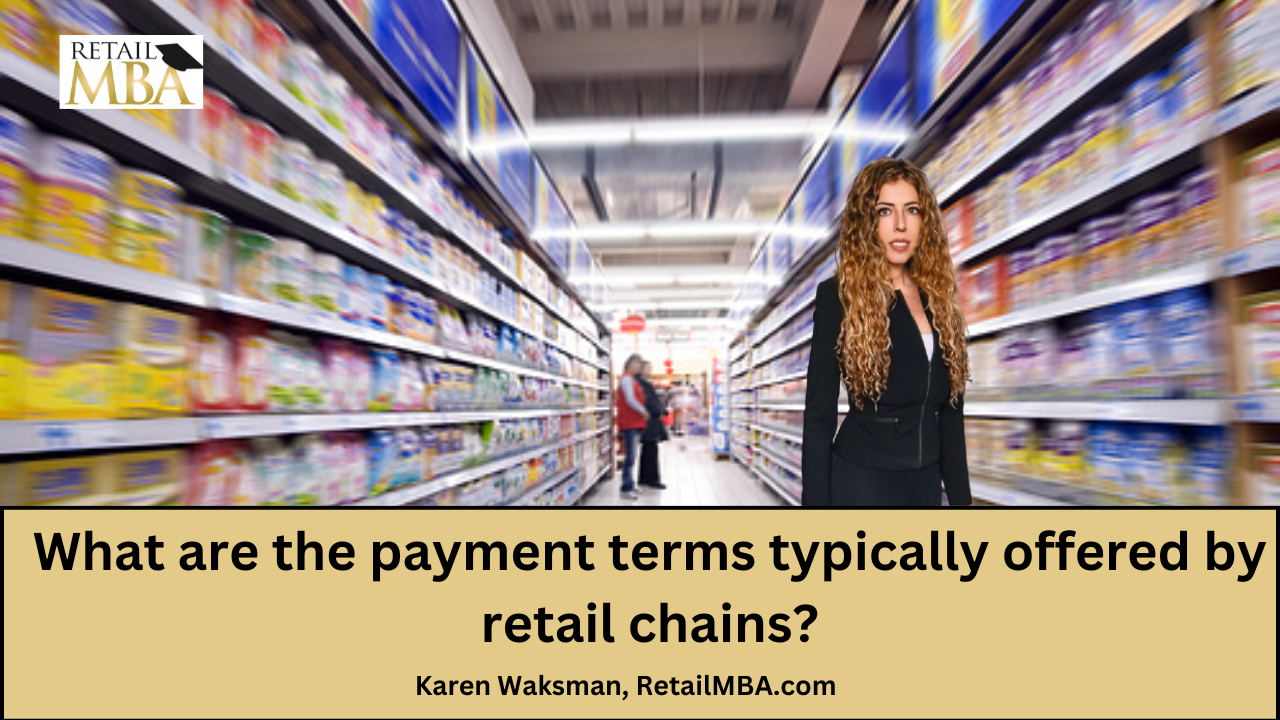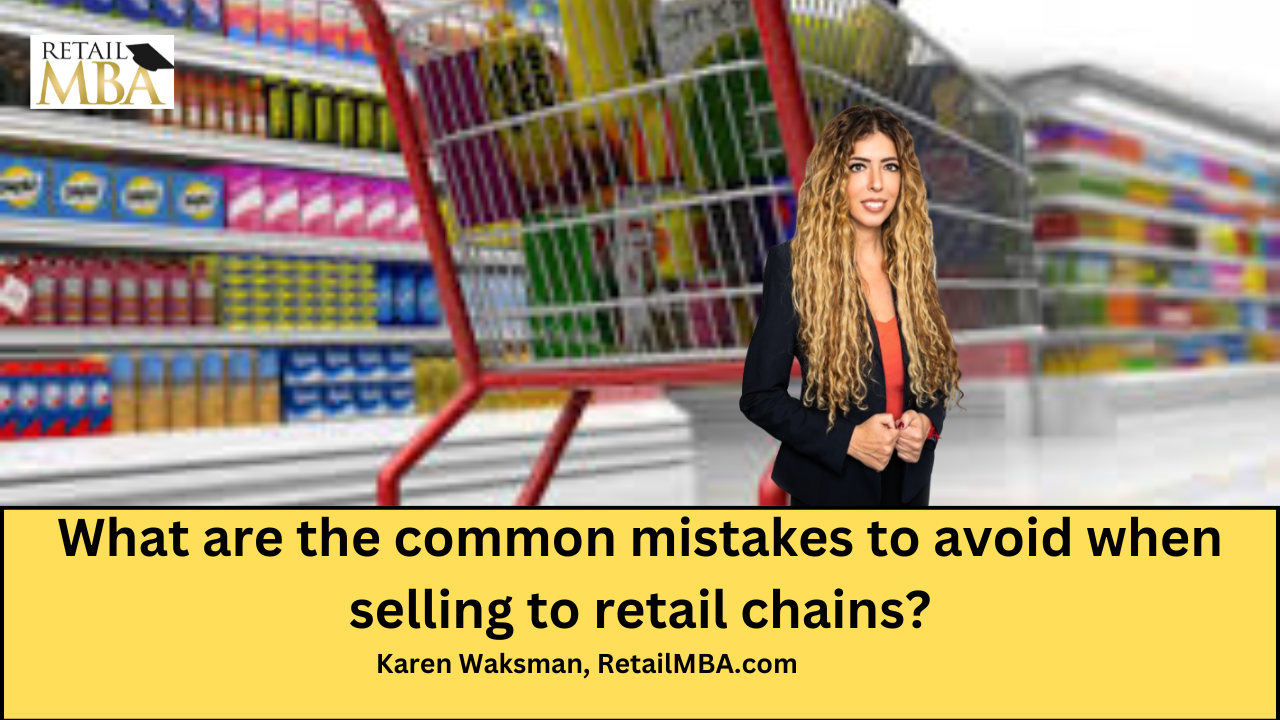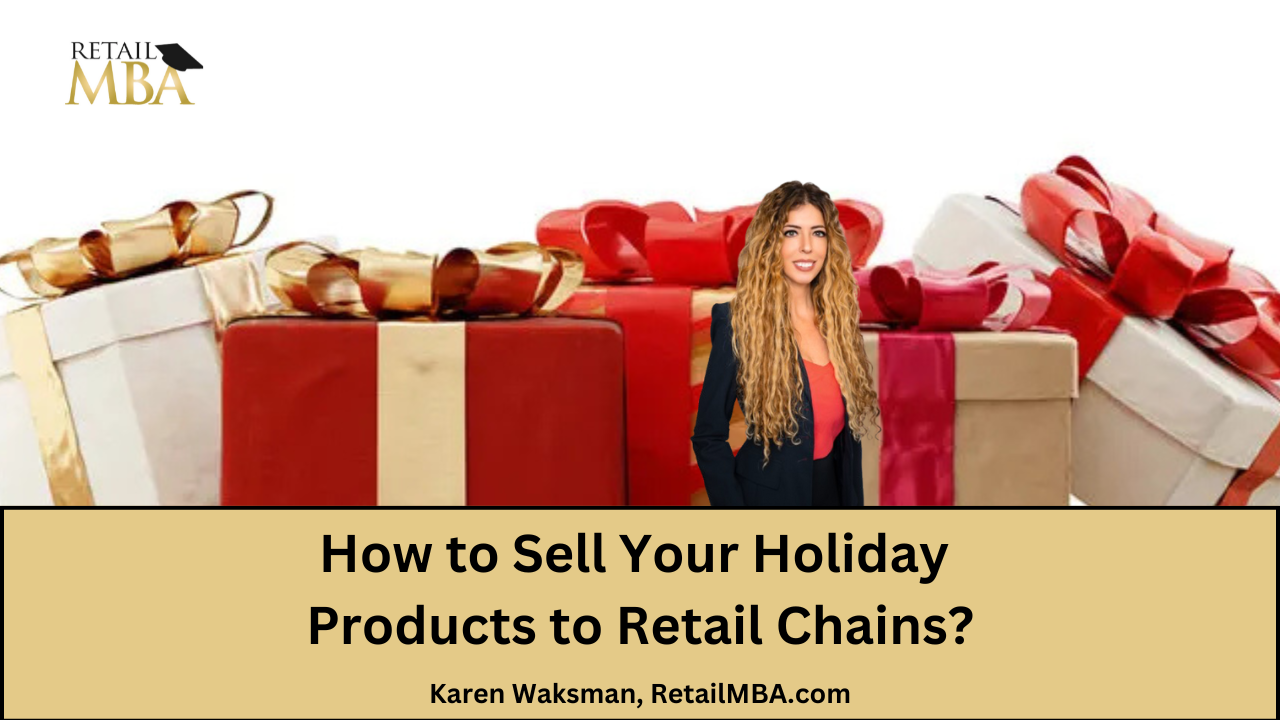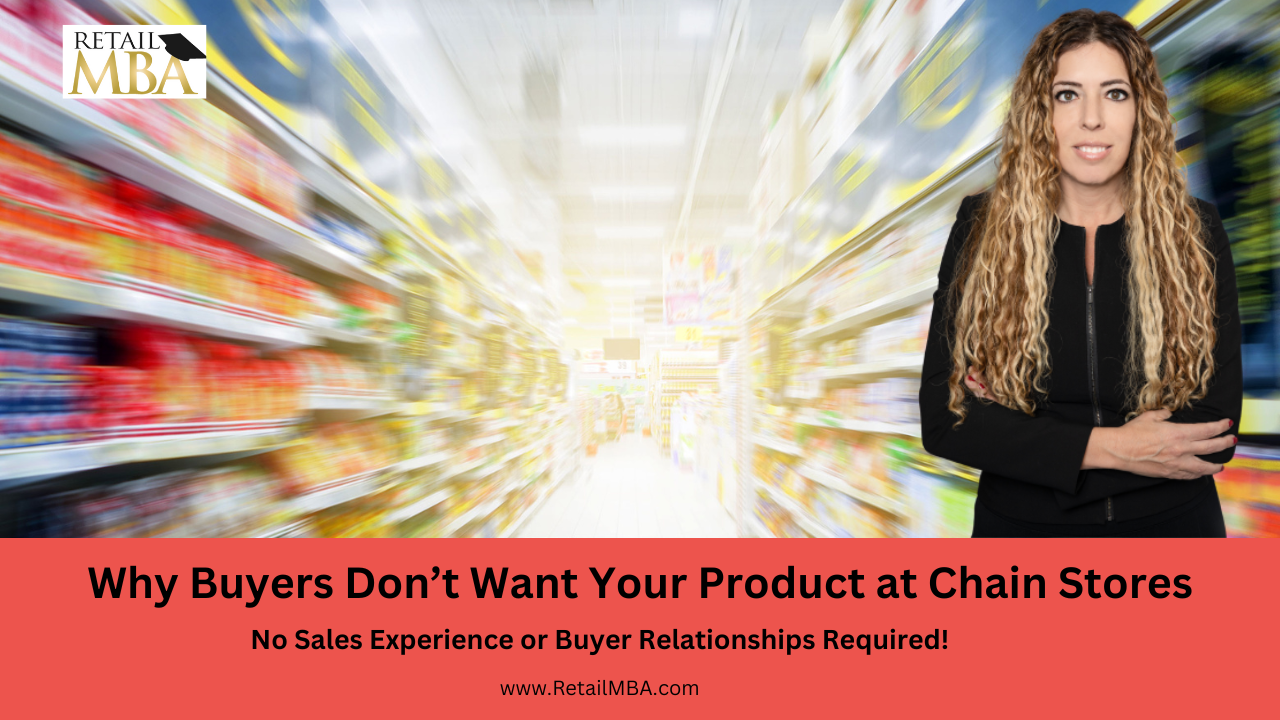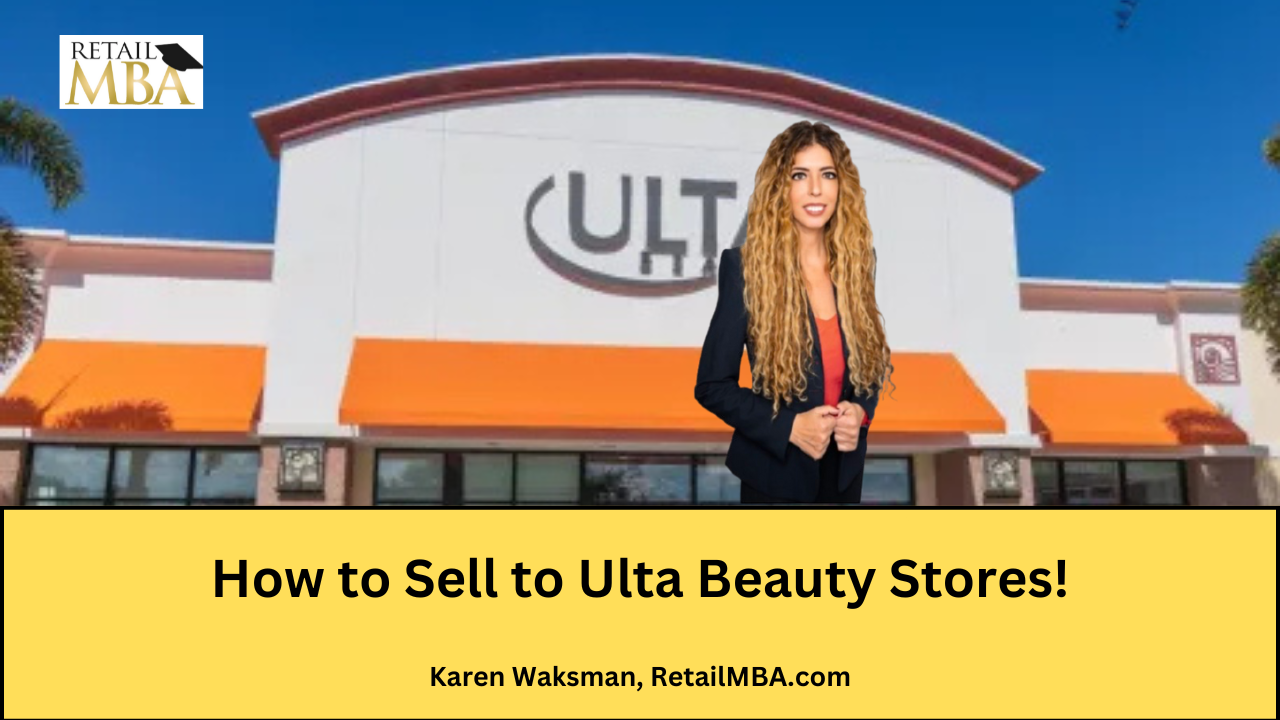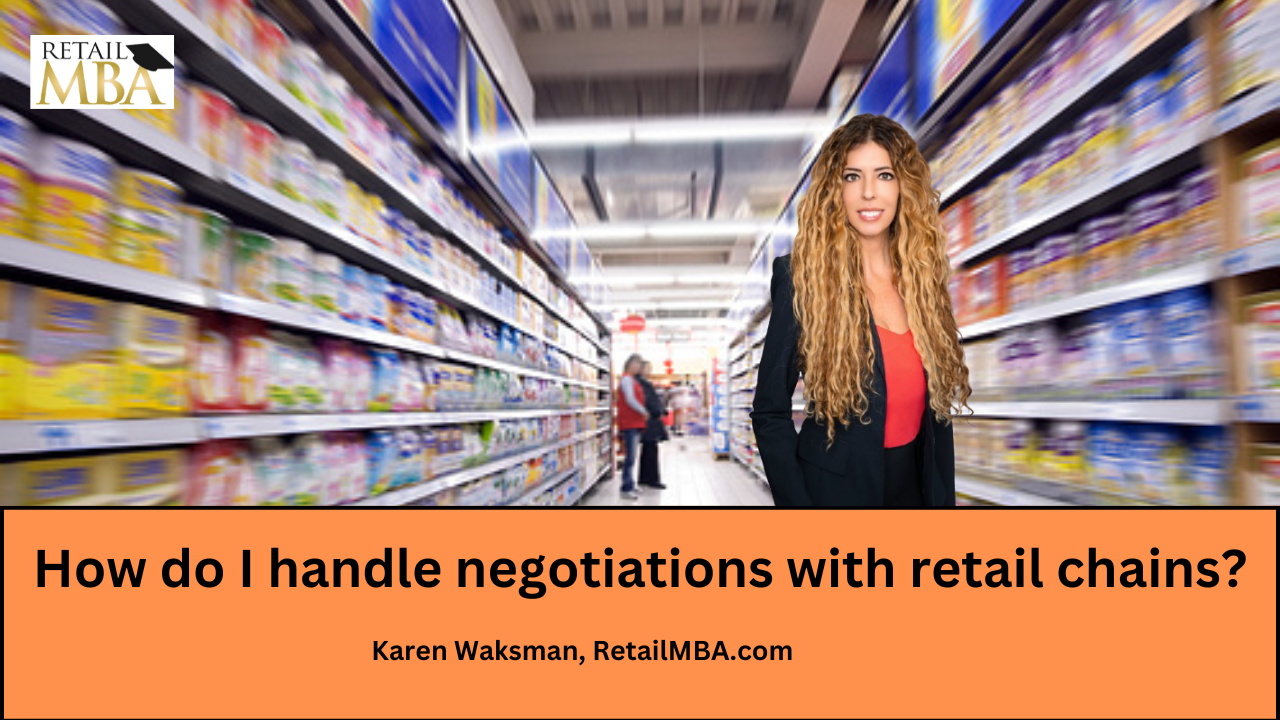What is a Wholesale Retailer?
What Is a Wholesale Retailer?
Wholesale is an effective way of expanding both product offerings and customer bases. Many larger businesses like Nike and Cartier design, produce, wholesale, and sell their own products directly.
Wholesalers purchase bulk goods at discounted rates and sell them to retailers who then resell them directly to end users – this model offers tremendous scalability.
Wholesalers are middlemen
Distributing products from manufacturers to consumers takes hard work. Wholesalers and distributors play an essential role in making this possible; wholesalers deal in bulk amounts before selling them off to retail stores or selling online. When considering entering this type of business either as a buyer or seller, there are certain important things that need to be known about this market segment.
Wholesalers are middlemen that purchase goods in bulk from manufacturers and then sell them to retailers at reduced unit prices and with larger volumes of inventory. Wholesalers may specialize in certain product categories or industry sectors and develop valuable expertise within them, which they pass along to retailers. In general, wholesalers tend to offer lower unit prices than retailers and generally boast larger inventories.
Distributors differ from wholesalers by having direct ties to specific manufacturers while wholesalers do not. Distributors are often able to buy products at discounted rates because they buy in bulk for multiple retailers at once and therefore have greater negotiating power when dealing with manufacturers.
Retailers tend to favor wholesalers over distributors because they can negotiate better terms and shorten supply chains when working with wholesalers, which in turn helps reduce costs and improve margins. Therefore, small businesses must understand the differences between wholesalers and distributors so as to select one suitable to their needs.
At the core of any successful wholesaler selection is their capacity to meet your demand. That means being able to supply both quantity and quality as required, along with considerations such as location and shipping time/cost considerations. Furthermore, you should establish relationships with potential wholesalers long term so as to guarantee steady inventory supplies without seasonal fluctuations in demand – it also pays dividends to do some preliminary research before making an official decision!
They buy in bulk
Wholesalers are businesses that buy large volumes of products from manufacturers and sell them at reduced prices to retailers at wholesaler warehouses. Wholesalers usually operate massive warehouses with logistics services and an enormous selection of quality goods to their customers – giving them an advantage over smaller retailers who may be limited by space and resources. Wholesalers offer discounts to retailers to increase sales and profits; these discounts vary based on how much the retailer invests or spends; retailers then mark these discounts up and resell at higher profits.
As a wholesaler, it’s necessary to satisfy certain requirements, such as having a business license and meeting minimum order quantities. Potential clients can be found online or through local business networks – these could include chambers of commerce, Small Business Administration community groups and Service Corps of Retired Executives (SCORE), as well as industry-specific user groups on LinkedIn and Facebook.
Once you have an effective business plan and wholesale pricing strategy in place, it is time to seek potential clients. The most efficient methods are online directories or forums dedicated to wholesale products as well as trade shows; understanding client needs so your offerings meet those demands is of utmost importance; for instance if selling apparel you should look into suppliers offering bulk discounts when placing orders of 50+ items.
When searching for wholesale suppliers, make sure to compare their reputation and costs against similar providers. Look for companies with proven records of providing quality products and excellent customer service. Also look out for providers with a high fill rate so they can ensure customers receive enough products.
Once you’ve located a wholesale supplier, ensure they accept your preferred payment method. Many wholesalers now accept credit cards to reduce paperwork and streamline the payment process for both parties involved. Some even allow users to save card details so they can use them again when purchasing in future transactions; this feature is known as vaulted cards and can be found through retailer account management systems.
They sell to retailers
Wholesalers are companies that purchase bulk quantities of goods at discounted rates and sell them directly to retailers at higher prices, enabling the retailer to turn a profit while covering costs. Wholesalers usually set minimum order quantities required in order to receive discounts; choosing an ideal wholesaler for your retail business model can make all the difference in its success.
Retailers and wholesalers both reap the rewards of the ecommerce boom, as it allows them to reach more customers more efficiently without incurring additional marketing expenses. But with more online shoppers coming online comes another challenge: maintaining profitability while catering to a wide variety of customer bases.
One approach is to expand your product lineup; this could involve adding more items or seasonal merchandise. An alternate strategy could involve reducing prices and increasing margins; either way, before making any definitive decisions you must carefully assess each possibility before reaching a decision.
When searching for products to sell, always pay close attention to quality and durability. Work with reliable manufacturers or suppliers who provide excellent customer service; avoid those who consistently deliver late or damaged products; additionally be aware of what markup can be expected on each item you plan to sell.
Usually, manufacturers sell raw materials to wholesalers or distributors who then resell them at higher prices to retailers and consumers. Some wholesalers, however, also directly sell to both retailers and consumers – this type of merchant wholesaler typically boasting lower minimum order sizes than traditional wholesalers.
As consumer demand for goods continues to increase, more and more companies are becoming wholesalers. This provides small businesses an invaluable opportunity to enter the market and increase revenue. If they select appropriate products and prices accurately, they should experience significant returns on investment.
They have long-term deals
Wholesalers typically form long-term arrangements with manufacturers to sell their products at discounted rates, making them competitive while guaranteeing steady revenue streams. Wholesalers require large warehouse spaces in which to store inventory they buy; additionally, some invest in point-of-sale (POS) systems which enable them to manage the transaction process and billing systems more effectively.
Retailers and customers both benefit from an accommodating wholesale model. Retailers have more freedom in selecting products and building brand awareness; this leads to increased sales and an expansion of customer base; wholesalers may even provide discounts to loyal customers to maintain market share and profit margins.
Successful wholesale businesses require an in-depth knowledge of both the products you’re offering and customer needs. A solid marketing plan and target audience identification is vital in order to provide appropriate products at competitive prices, and also having reliable suppliers is necessary in avoiding supply chain problems.
Location is also an essential element in running a wholesale business, and should ideally be near roads or highways that can accommodate large trucks to transport your products more cost effectively and keep customer prices affordable.
Additionally, when selecting a wholesale location it should be close to your distributors to expedite product shipping quickly and efficiently. Furthermore, its location should attract potential customers easily so that your products can be found by them quickly.
As a new wholesaler, it is vitally important that you establish relationships with retail chains quickly in order to gain an advantage against competition and create a reputable selling record. Furthermore, it would be prudent to obtain both a reseller’s permit and business license so you are set up properly when entering this field.
If you sell both retail and wholesale products, a robust point of sale (POS) system can help manage inventory and sales channels effectively. ShipBob’s B2B fulfillment suite automates EDI processing to help more effectively manage orders than before.
Step-by-step training on how to sell to retail chains!
We explain exactly how to do that and how to get started today. I’ve taught over 100,000 of companies over the years across the globe on how to get your products to the stores. And so we’re here to support you. Or please subscribe to our Youtube channel and or be on the lookout for additional training that we create.
We are here to expedite the process of generating revenue with your physical products and that’s what we’re all about. Take a look at our advanced training, live events, certification programs and so much more.
In this training, I will discuss some of the things to think about when approaching a retailer to sell your products and become a vendor. Hope it helps! 🙂
Karen Waksman,
Retail MBA
Questions? Contact Us!
1-855-Retail-2 (Call or Text)
Email: info@retailmba.com
Retail MBA provides a step-by-step formula on How to Sell to Major Retailers, Online Retailers, Smaller Retailers, Catalogs and More. No Experience Required! These solutions continue to convert for clients year-over-year! These are Time-Tested and Proven Strategies that we utilize ourselves when going after stores! Everything we teach, we test. Want access to these formulas? ANY one of our programs and coaching systems gives you access to them now. With that said…
Here are 5 Easy Ways to Work with Us:
1) Free Training – If You Would Like to Join Our Next FREE Webinar Training Called “Retail Chain Store Secrets – How to Sell to Major Retail Chains. No Experience Required” Then Sign Up NOW To Learn All About Selling into Retail Chains By Clicking Here!
2) Retail MBA Year Long Coaching and Training System – Our Year Long Coaching and Training System with Karen Waksman is POWERFUL! This is our most popular training and coaching system! We walk you through how to approach, pitch and sell to retail chains and we coach you along the way! Join us by Clicking Here!
3) Masterclass Intensives – Want to Join our Next 4 Week Elite Retail MBA Masterclass Intensive? These Intensives Are EPIC for people who Love Fast Paced Learning – Homework, Retail Coaching, Developing Your Strategy, Buyers Contacts and More! These Events Are Held Every Quarter. Join us by Clicking Here!
4) Done-for-You Program – If You Want Karen Waksman and Her Team to Reach Out to Your Top Dream Retail Chains On Your Behalf – And You Have a Retail-Ready Product, Check Out our Epic Done-For-You Service by Clicking Here!
5) In Person Events – If You Want to Learn LIVE and Meet Karen Waksman in Person at Our Next “America’s Next Retail Product: LIVE Event with Other Like-Minded Individuals in Beautiful San Diego, CA! We Would LOVE to Have You Join Us by Clicking Here!
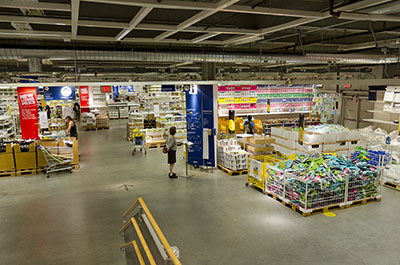
Check Out Our Additional Blog Posts Here:
Retail Terms
Retail Terms – What are the payment terms typically offered by retail chains? Click Here to Learn More!
Retail Vendor
Retail Vendor – What are the common mistakes to avoid when selling to retail chains? Click Here to Learn More!
How to Sell Your Holiday Products to Retail Chains
New Training on How to Sell Your Holiday Products to Retail Chains
Why Buyers Don’t Want Your Product at Retail
Why Buyers Don’t Want Your Product
Ulta Beauty Vendor
Ulta Beauty Vendor – How to Sell to Ulta Beauty Stores. Click Here to Learn More!
Retail Strategy
Retail Strategy – How do I handle negotiations with retail chains? Click Here to Learn More!
